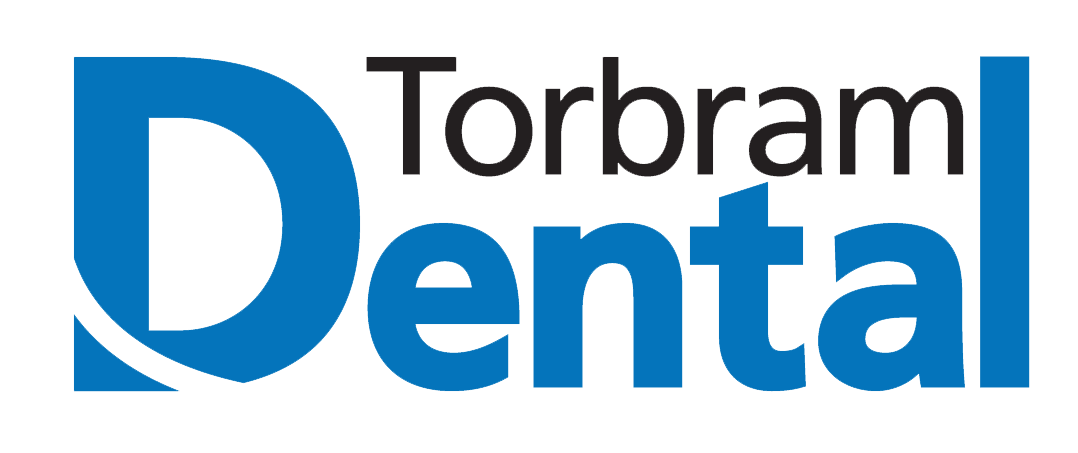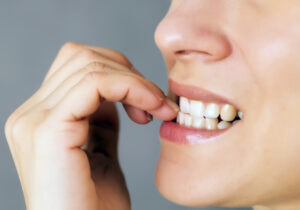
Torbram Dental weighs in on the ten worst behaviours for your teeth. (Source: Dentistry & You, powered by Dear Doctor Magazine, November 5, 2016, https://www.deardoctor.com/dentistry/blog/10-worst-behaviors-for-teeth ).
A beautiful smile is one of the first things we observe about the people we meet. However, having a great smile requires having healthy teeth. Brushing twice a day, flossing regularly, using rinses, and visiting your dentist every few months are excellent habits that encourage optimal oral health. However, despite all these good habits, Torbram Dental thinks there are a few things you should know that can unknowingly harm your teeth. Read along to know what some of them are.
Not using the right toothbrush: A toothbrush with very hard or soft bristles might not help you get the proper cleaning needed to maintain good oral health. Torbram Dental says, “It is important to talk to your dentist to know the best toothbrush for you. Very hard bristled brushes can cause abrasion of the enamel layer, leading to hypersensitivity and gum recession.”
When you brush too hard or too much: Many people believe brushing hard can remove tooth stains, which is not true. Torbram Dental states, “Brushing your teeth too hard or for a long period or two frequently (more than 2-3 times a day) can cause hypersensitivity and can also lead to dental root exposure or fracture.”
Nail biting: Torbram Dental explains, “Nail biting is a common side effect of anxiety or nervousness. But this harmful habit can lead to minor surface fractures of teeth. An abundant amount of bacteria and germs also collect under the nail. This bacteria can creep into your mouth and cause issues.”
Grinding and clenching: Grinding off your teeth in anger or frustration can cause severe attrition of your teeth surfaces. Torbram Dental explains, “Night-time grinding or clenching of the jaw involuntarily during sleep is called bruxism. The exact cause of bruxism is unknown. Still, it is thought to be associated with feelings of post-traumatic stress disorder, anxiety, nervousness, and fear. The treatment for bruxism involves wearing acrylic plates over the teeth made in the shape of your dentition. These are known as dental night guards.”
Chewing on ice cubes: The tendency to chew on materials that are not typical, like ice cubes, chalk, or mud, is found to be associated with iron deficiency anemia. Torbram Dental tells us, “This disorder is known as Pica. Some people might do this for fun, but it is important to understand that your teeth are not designed for chewing on such hard substances. The structure of your teeth will not withstand the downward pressure of the force required to break the ice or other hard substances for a long time. This harmful habit can cause microfractures on your teeth or even major enamel damage, which might require extensive restoration or removal treatment.”
Using teeth as tools: Torbram Dental emphasises that “Your teeth are for chewing food, not hard things like metal, ice, or stone. They will not withstand the vertical stresses of breaking up or opening hard substances like opening soda bottle caps, bending metal with your teeth for opening canisters, or tearing tags from clothes. They may chip off or leave you in severe pain in case of vertical fractures.”
Dry mouth or dehydration: About saliva, Torbram Dental explains, “Your saliva is full of minerals which strengthen your dental enamel. It contains factors that help your blood clot after an oral injury. Saliva also maintains the oral pH by neutralizing the acids in the mouth. A dry mouth reduces this action of saliva. It can ultimately cause an increase in dental caries, infections, and bad odour from your mouth.”
Sugary foods/ drinks and high carbs: Drinks and foods with high sugar content are breeding grounds for cavity-causing bacteria. Torbram Dental says, “The bacterial colonies which cause dental caries ferment the sugars present in these foods and increase the acidic pH in the mouth. These excess acids then easily start breaking down the crystalline structure of the dental enamel of your teeth. This causes decay and cavity formation on your teeth.”
Excess tea/ coffee or soda consumption: You may wonder about the stains on your teeth despite cleaning your teeth well. Torbram Dental informs, “Extrinsic stains on tooth surfaces are widespread among people who consume a lot of tea, coffee, and other soda drinks containing food colouring. Continuous consumption of these drinks causes the food pigment to accumulate on the uneven surfaces of the tooth. This leaves a brown stain on teeth, a susceptible ground for tartar accumulation and cavity formation.”
Indulging in contact sports without wearing any proper mouthguards: Mouthguards are essential when we are playing contact sports like football, wrestling, boxing, karate, taekwondo, etc. Torbram Dental says, “Mouth guards should be worn wherever there is a chance of any high-velocity object hitting your face or when the sport involves facial hits. Wearing appropriate mouthguards can prevent many unpleasant accidents like broken/ loosened teeth, lip cuts, bruises, and other dental or oral damage.”
Torbram Dental adds, “If you have a dental habit that you find difficult to break, ask for help! Your dentist will offer their best advice and guide you accordingly.”
Recent Comments
Simrit Bio
Simrit has been working at Torbram Dental since 2001. She started her career with Assisting/Treatment co-ordinating and then moved on to becoming the Hygiene Co Ordinator in 2005. In 2012 she took on a new role as the Marketing Director. Though she loved being the Marketing Director, in 2015 she became the Office Manager of Torbram Dental. She completed her Level 1 Dental Assisting program with Career Canada in 1996 and then went on to complete her Level II Dental Assisting Diploma with Southwestern Medix in 1999. That is when she received NDAEB Certification. Simrit has been and still is an active member of the Ontario Dental Assistants Association since 2000. She enjoys hiking and traveling with her husband and two kids and loves to explore new restaurants, especially high-tea venues.
This will close in 0 seconds
Jessica Bio
Jessica, one of our receptionists, is one of the smiling faces you see when you arrive at the office. She graduated with honours from Medix College with a diploma as a Level 2 Dental Assistant. When she is not happily helping our patients, Jessica enjoys spending quality time with her friends and family, going to church on Sunday mornings, gardening and going on hikes.
This will close in 0 seconds
Naudia Bio
Naudia has been working at Torbram Dental for many years and is a valued member of our administrative team: as a dental receptionist and in our marketing team . She graduated from Everest College with honours level 1 and 2, with a diploma in Dental Assisting. Naudia is always there for our patients, making sure that they receive the care and attention they deserve. When not at the office, she enjoys spending time with family and friends, cooking and indulging in civil court TV shows.
This will close in 0 seconds
Ramandeep Bio
Ramandeep has been a part of Torbram Dental for the past 10 years as certified dental assistant. She obtained her level 1 certification from Everest college in Brampton in 2013, and then her level 2 certification in 2014 from Medix college. Her career path through the clinic has been recognized by staff at all levels who admire her work ethic and dedication to million dollar smiles. In her spare time, Ramandeep enjoys cooking and gardening, and spending time with her husband and 2 kids.
This will close in 0 seconds
Sana Bio
Sana is a valued member of our dental hygiene team. In 2008 she completed her education at George Brown in Dental Assisting and in 2016 she earned her diploma in Dental Hygiene from the Canadian Academy of Dental Health and Sciences. Sana has been working in dentistry since 2008 and enjoys taking care of our patients and helping them with their oral health. She is married and is busy with her 2 young children. In her spare time, Sana enjoys going out with the family, trying out new places to eat and is looking forward to travelling with them in the future.
This will close in 0 seconds
Sanaria Bio
Sanaria has been working at Torbram Dental for many years as a valued member of our Dental Assisting Team. She completed her level 2 dental assisting certification and previously obtained a degree in Education and worked as a quality control officer in the pharmaceutical industry. When not at work Sanaria loves to bake and cook. She also loves story time and enjoying the outdoors with her children. She always sees the positive side of life, believes that nothing is impossible and that if you set a goal and work at it, that you will make your dreams come true.
This will close in 0 seconds
Carrie Bio
Carrie has been working at Torbram Dental since 2001. She graduated from George Brown College in 1998 with a Dental Assistant Diploma and continued to further her education by completing a Dental Hygiene Diploma in 2001 at Durham College. Carrie is a highly trained and experienced Registered Dental Hygienist who continues to learn and grow by updating her knowledge to provide her clients with the best Oral Health Care techniques and information. Carrie is passionate about Dentistry and is known for her gentle and compassionate manner. She feels strongly about building lasting relationships and trust with her clients to help them understand that good Oral Health leads to good Overall Health. Carrie enjoys travelling, dabbling in decorating and a good Netflix series in her time off. Carrie resides in Halton Hills with her husband and two children.
This will close in 0 seconds
Daniela Bio
Daniela's interest in Dentistry began in Gr.6 when she wrote a speech entitled "My Life as a Toothbrush".
A Registered Dental Hygienist with 22 years of clinical experience, Daniela still has a great passion for her career. The most rewarding aspect for her is building lasting relationships with her patients, and seeing them through to a healthier smile.
Her thorough yet gentle touch will ensure a comfortable visit every time.
Daniela is a total Foodie and loves to cook and enjoys all types of cuisines. She loves Florida, Cruises, organizing things, and most of all spending time with family and friends.
This will close in 0 seconds
Stephanie Bio
Stephanie Enjoys getting to know all new patients at Torbram Dental and catching up with long standing Patients. Stephanie enjoys spending quality time with her family. One of her favorite things to do with her daughter is teach and play the piano. Stephanie likes going on walks with her husband and enjoys spending as much time with him as he is an Active Member of the Canadian Army. On Sundays, Stephanie enjoys going to Church and looks forward to Sunday Dinner with her entire family. Stephanie's Favorite thing to do to start her day right is head to her local Starbucks and Grab her favorite drink, an iced black tea with light lemonade on warm days and a blonde vanilla latte on those cold winter days.
This will close in 0 seconds
Aalisha Bio
As a dedicated Dental Hygienist at Torbram Dental, Aalisha brings recent knowledge and experience to ensure the best oral health for our patients. She holds a Diploma in Dental Hygiene from the Toronto College of Dental Hygiene and Auxiliaries and has further enriched her education with a Bachelor of Science from the University of Waterloo. Beyond her professional qualifications, Aalisha has a zest for life that extends beyond the dental chair. She cherishes quality time with family and friends, thrives on outdoor adventures, and has a passion for hiking and water-based activities, especially during the sunny summer days. She is an avid traveler, exploring tropical paradises and historic destinations while immersing herself in diverse cultures and indulging in delicious culinary experiences."
This will close in 0 seconds
Supreet Bio
Supreet was born and raised in Punjab, India and came to Canada in 2016. She graduated from Sheridan College as an Environmental Lab Technician but later decided to change her career to dentistry. She completed her Level I and II Intra-Oral Dental Assisting course from George Brown College and graduated in 2023. In July 2023, Supreet joined the team at Torbram Dental where she enjoys working. In her free time, she loves to read books.
This will close in 0 seconds
Childs Oral Health

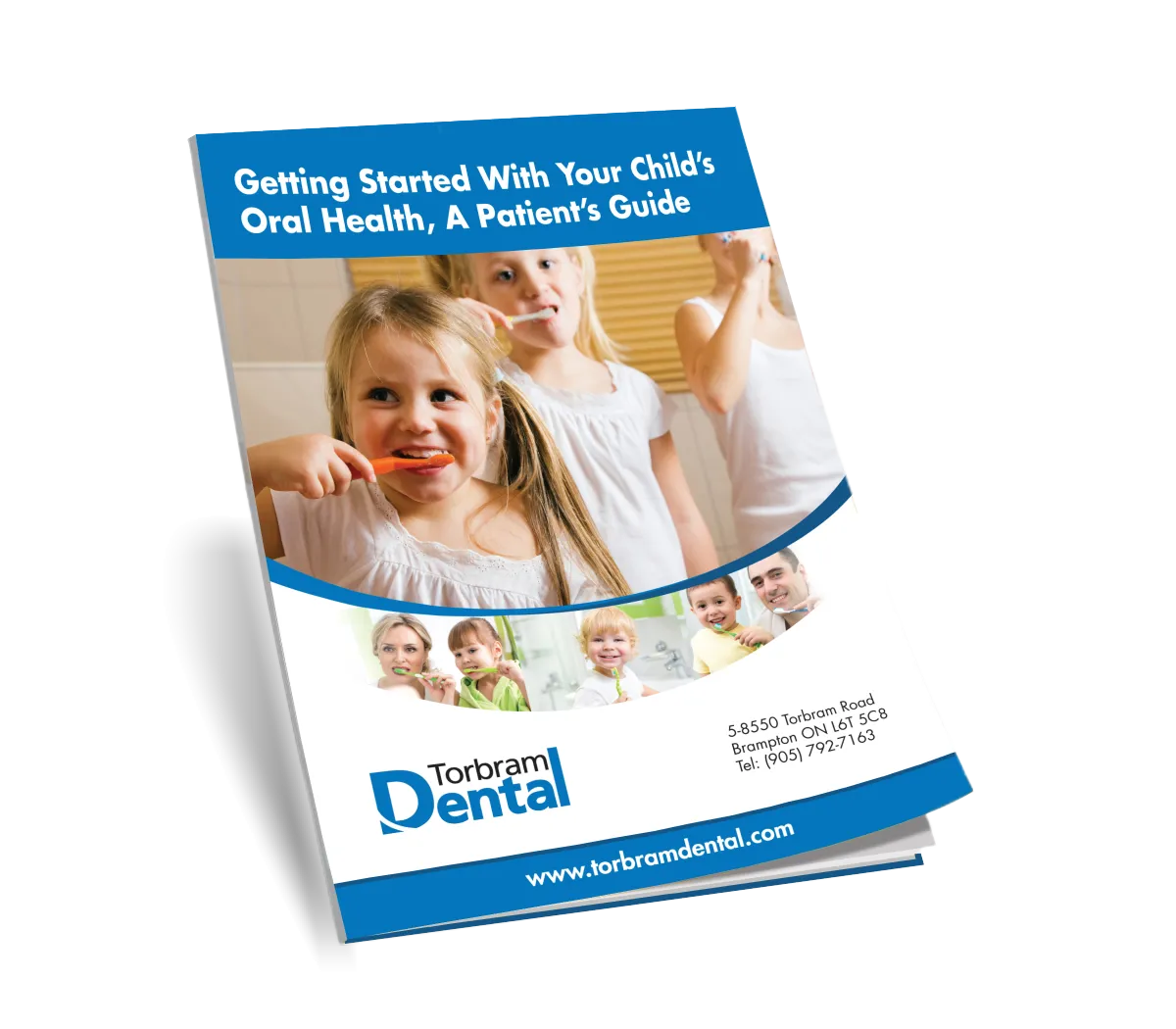
Enter your information below.
We will email your copy right away.
This will close in 0 seconds
Cosmetic Dentistry

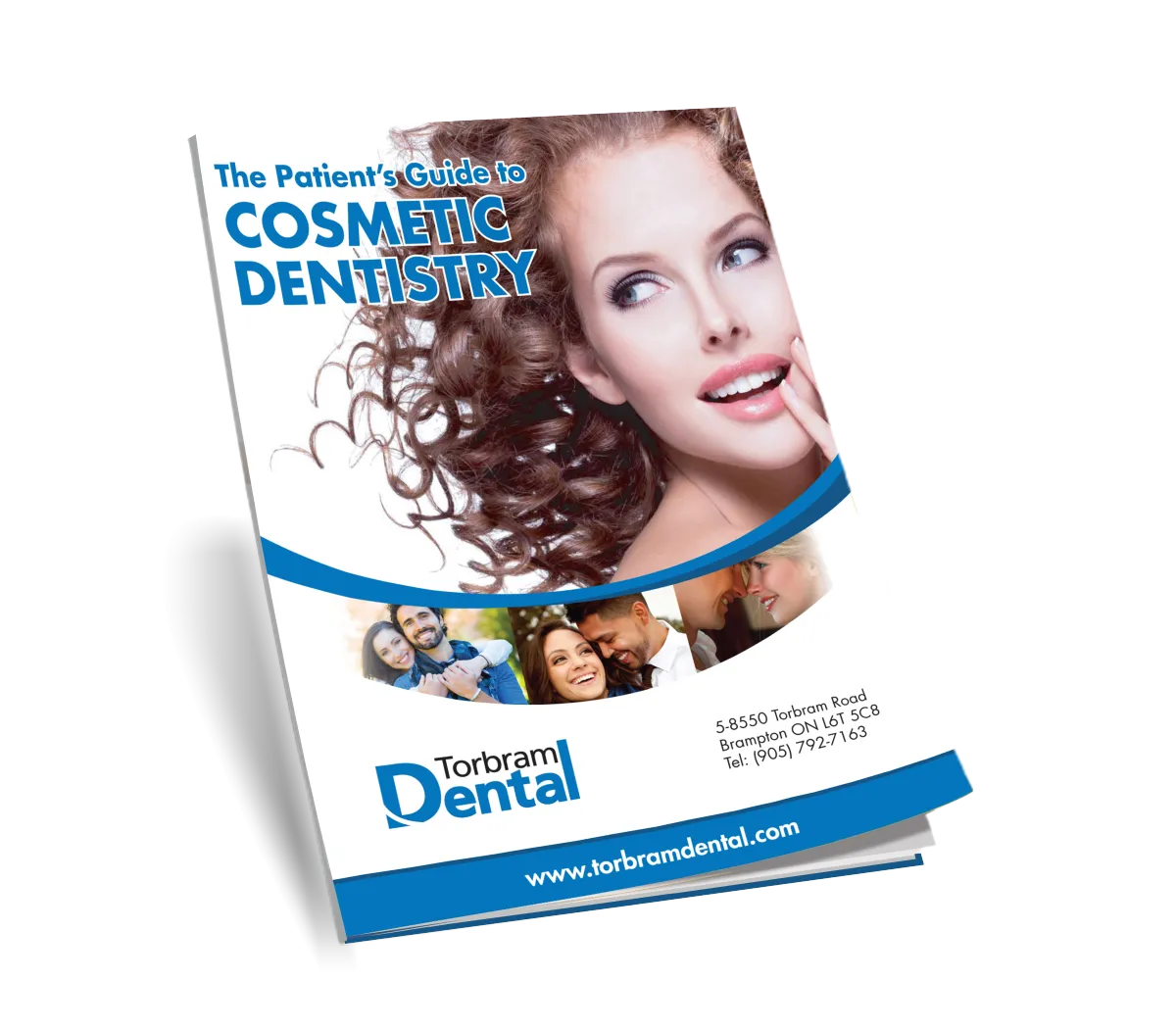
Enter your information below.
We will email your copy right away.
This will close in 0 seconds
Implant Dentistry

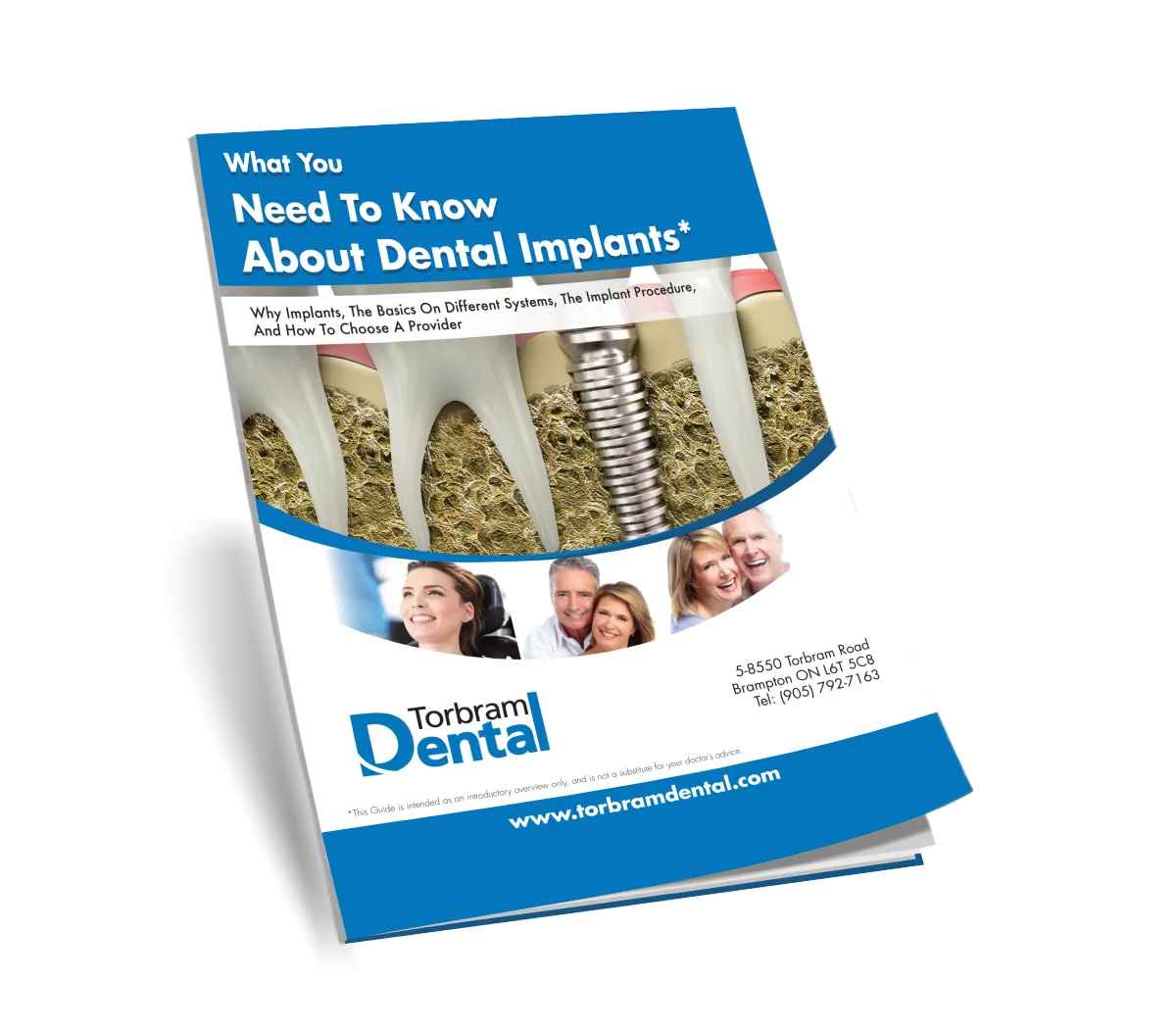
Enter your information below.
We will email your copy right away.
This will close in 0 seconds
Orthodontic Dentistry

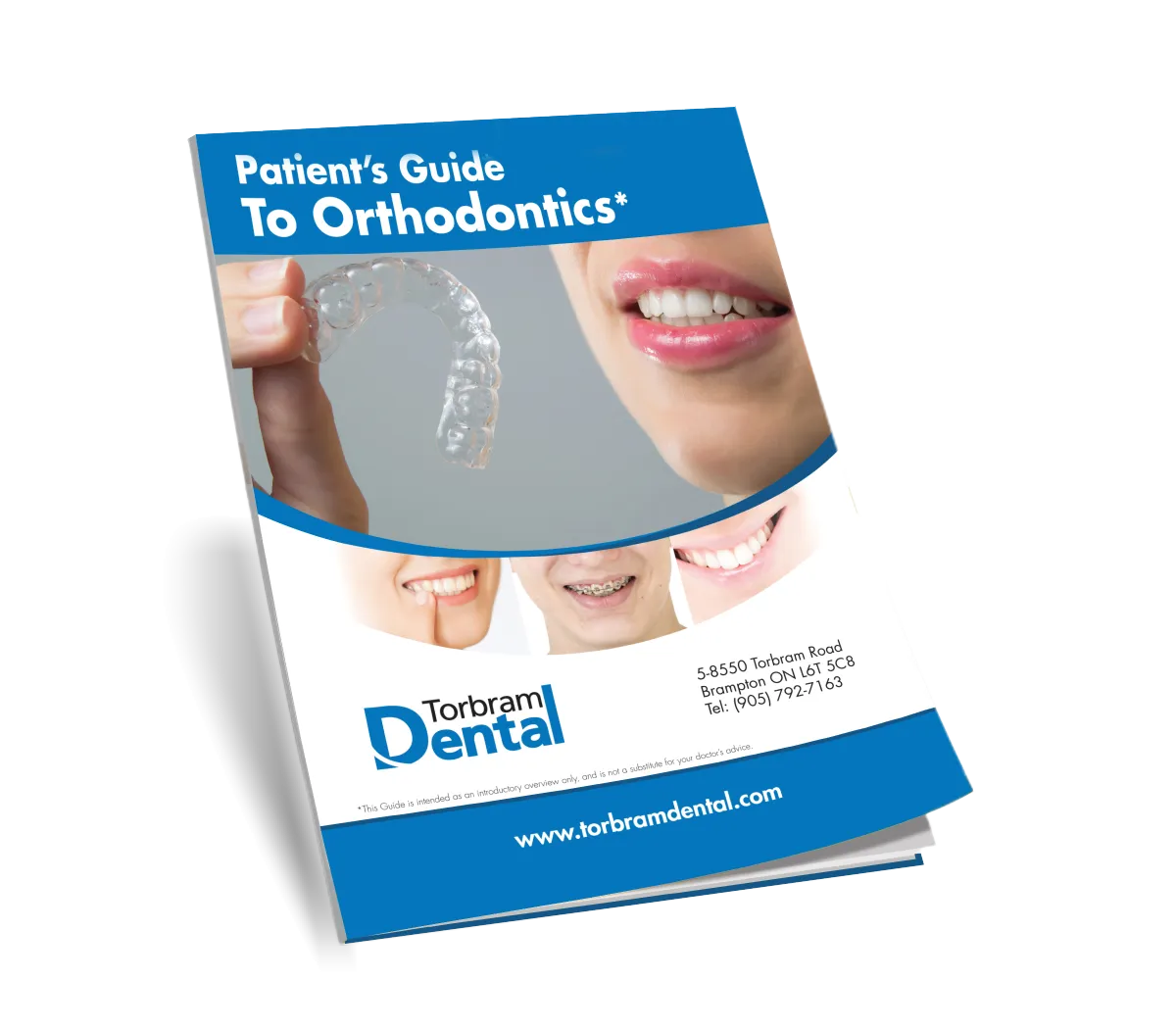
Enter your information below.
We will email your copy right away.
This will close in 0 seconds
Invisalign

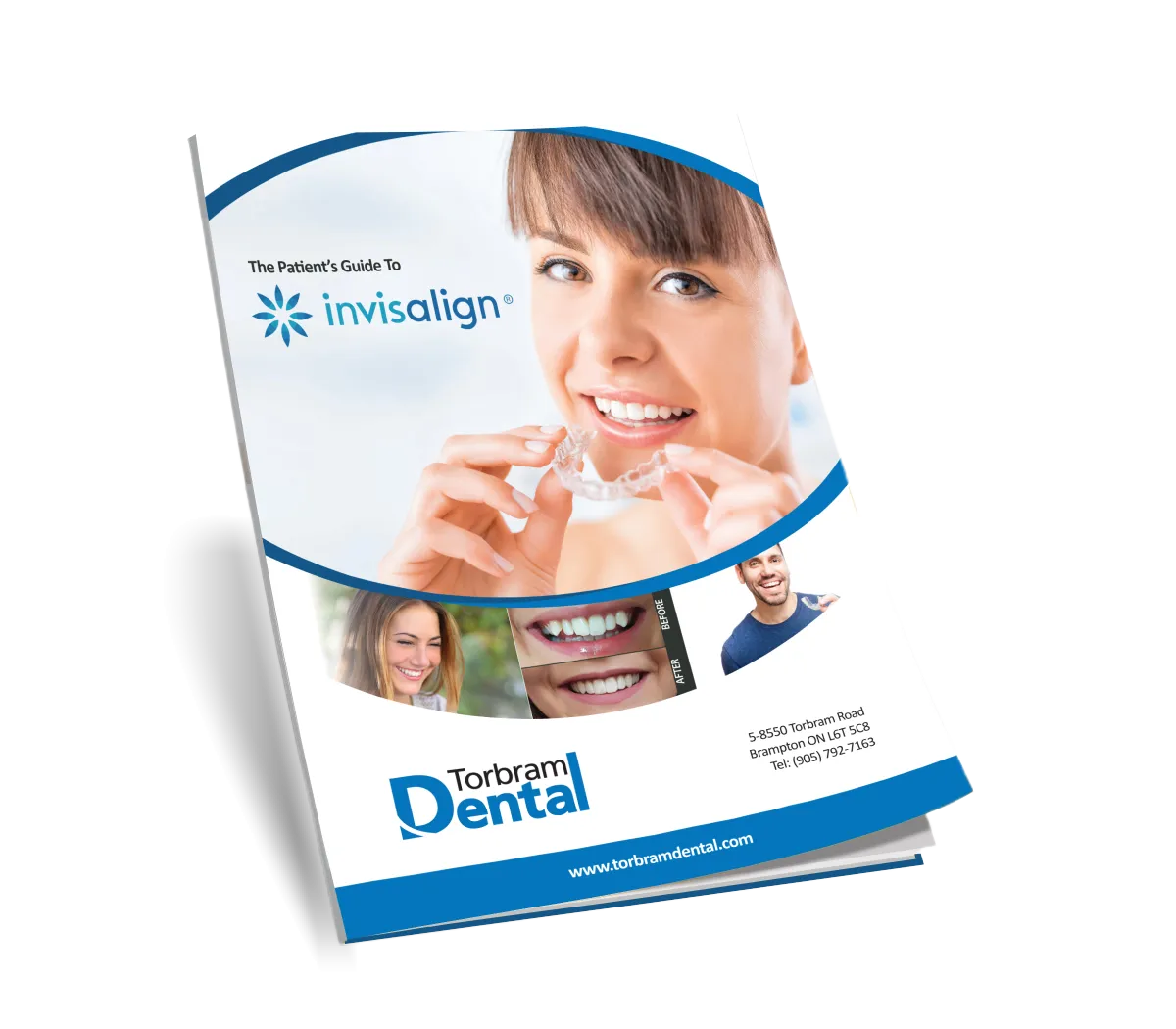
Enter your information below.
We will email your copy right away.
This will close in 0 seconds
Anxiety Free Dentistry

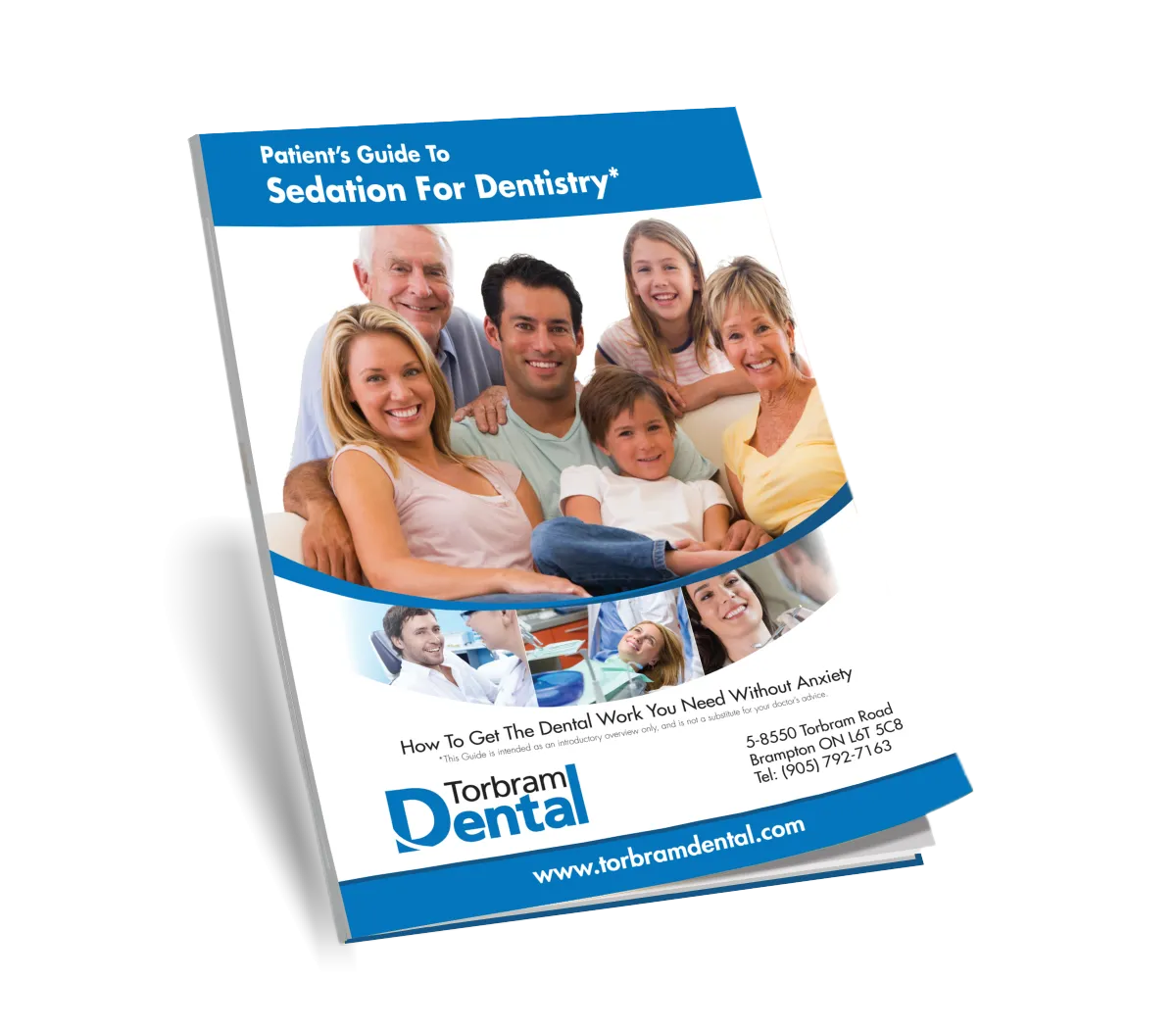
Enter your information below.
We will email your copy right away.
This will close in 0 seconds
Wedding Day Smile


Enter your information below.
We will email your copy right away.
This will close in 0 seconds
